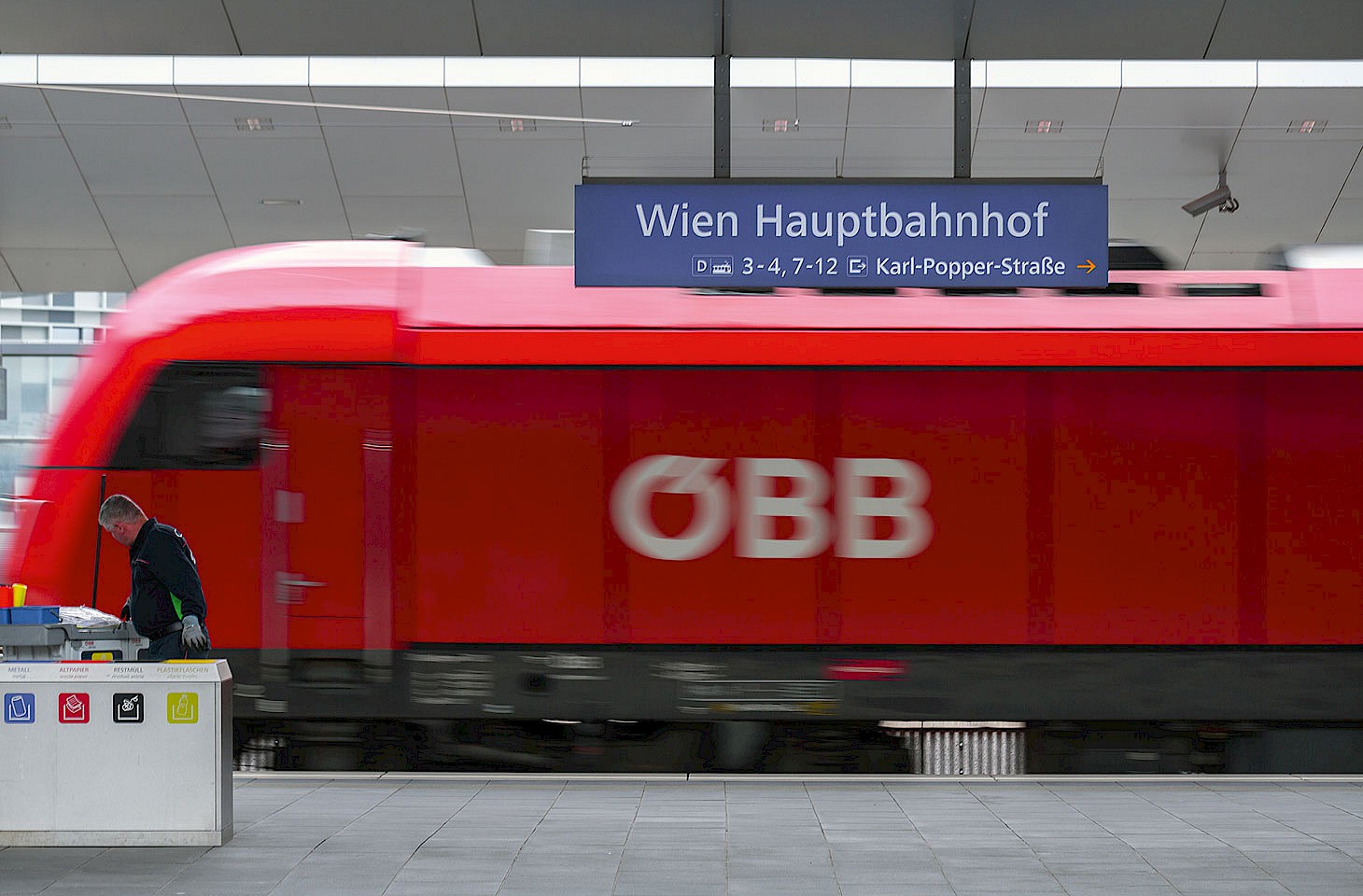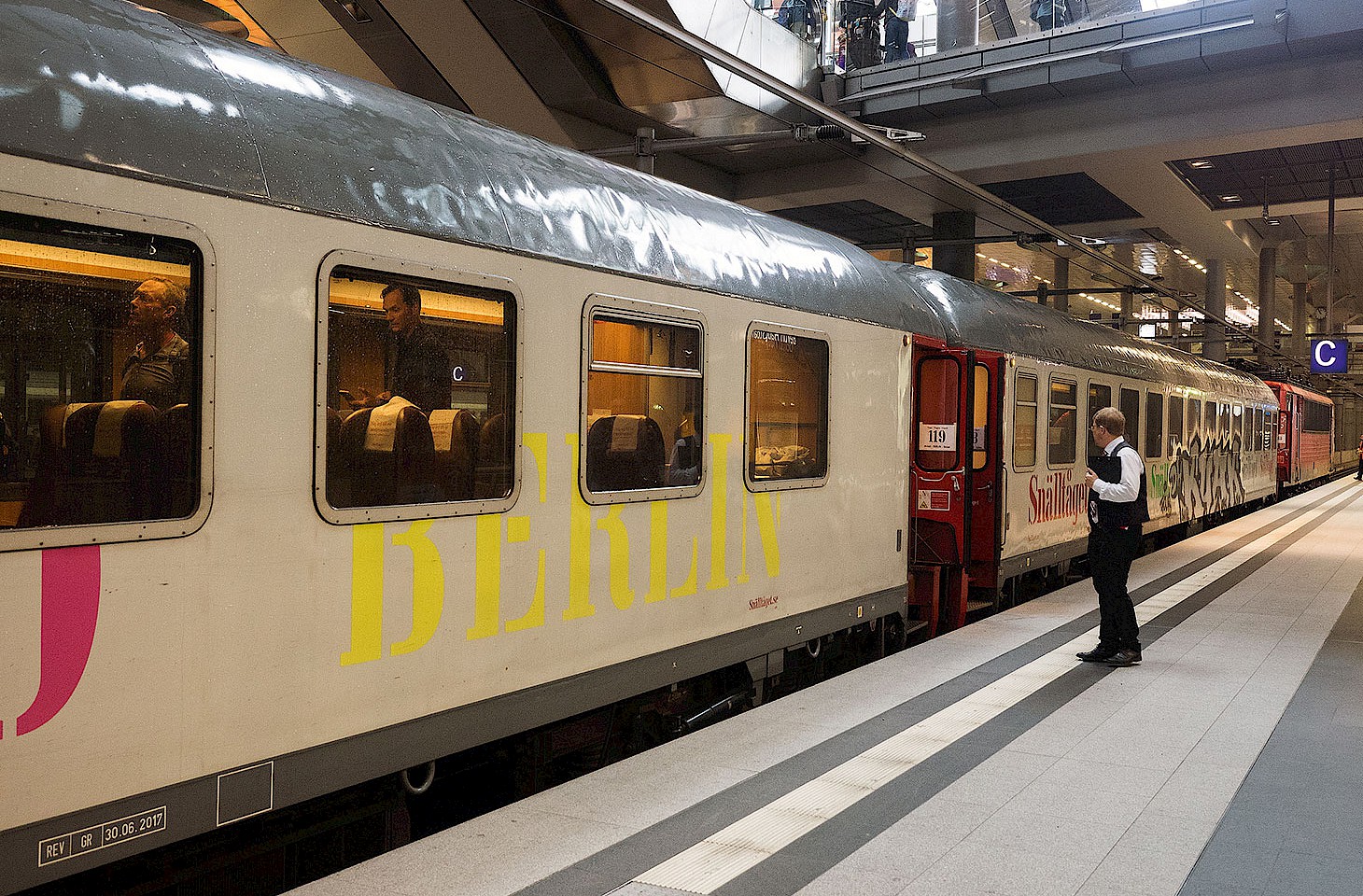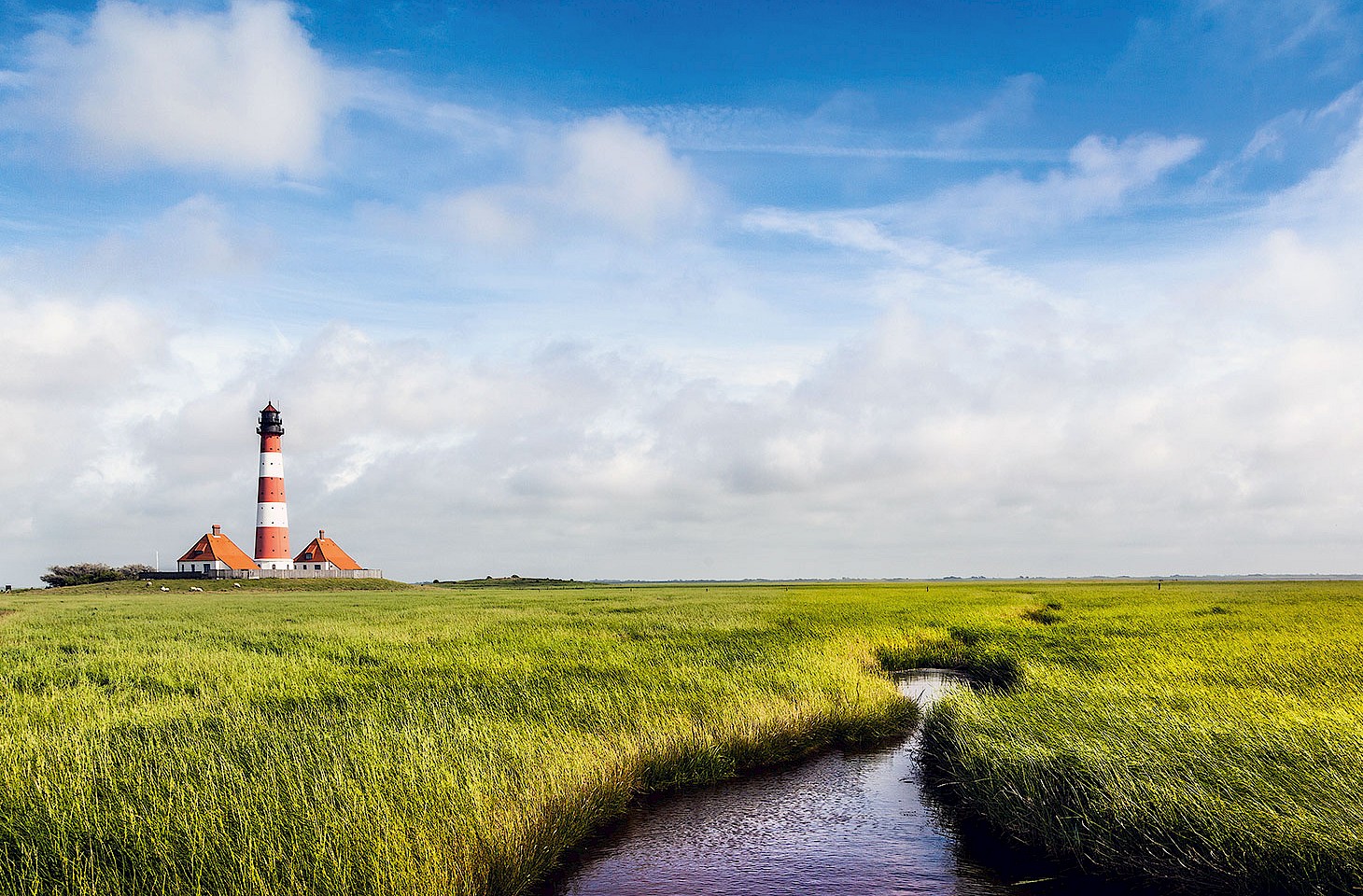Some places are forever doomed to obscurity. Dudley is quite simply a place of which many English people know too little — despite the zoo that we mention in our main feature. Germany has many equivalents in the Ruhr region which, like the Black Country around Dudley in England, is a former coal mining area. In the Ruhr area, we find the town of Herten rather interesting, though we would wager that few of our Berlin neighbours have ever heard of Herten. It is a town that rarely features in the news. Herten has no football team of great standing, and this community of sixty thousand souls does not even have a railway station — the largest place anywhere in Germany served by not a single passenger train. This is quite an achievement in a country criss-crossed by rail routes.
hidden europe 31
Urban matchmaking
by hidden europe
Summary
Two towns, neither of them well known beyond their local regions. Herten in Germany and Dudley in England. Both are so very similar, that they seem to be places made for each other. Indulge us, while we engage in a little matchmaking.
The hidden europe award for ingenuity in creating new European rail travel opportunities is awarded to Austria's state rail operator, Österreichische Bundesbahnen (ÖBB). We look at what ÖBB will offer anew for 2020, and examine too what's new on the rails in Russia, Germany and elsewhere across Europe.
As winter slipped slowly into spring in 1917, Lenin passed through Berlin on his journey back to Russia from Switzerland. His onward route from Berlin took him by train to Sassnitz, then on by ferry to Trelleborg in Sweden. These days it's still possible to follow the route taken by Lenin, using the occasional direct trains from Berlin to Sweden.
Within just a few centuries, the geography of the Frisian region has been reshaped by storms and tides. Paul Scraton is a regular writer for hidden europe; here he explores Germany’s Wadden Sea coastline. It’s a tale that shows the power of the sea.




